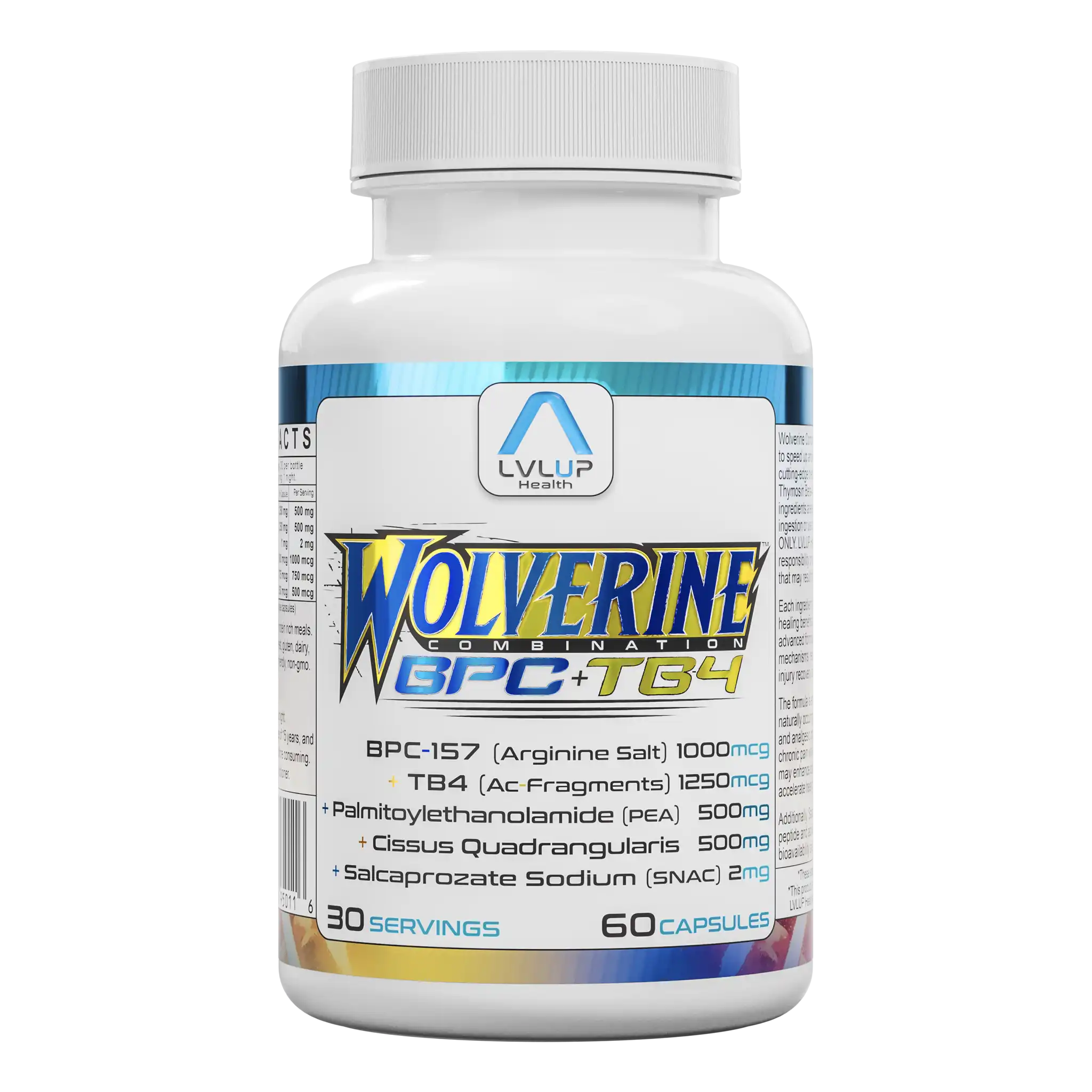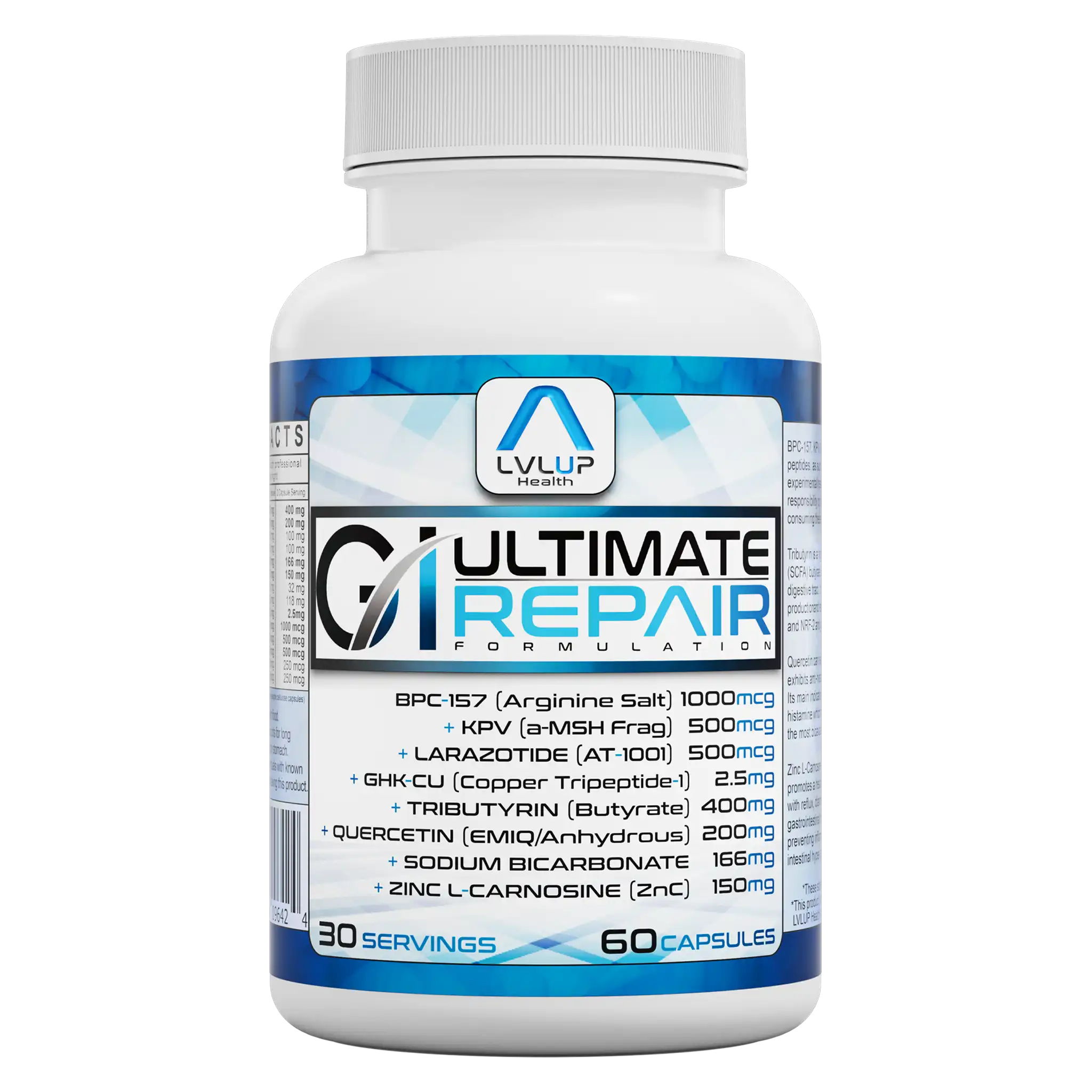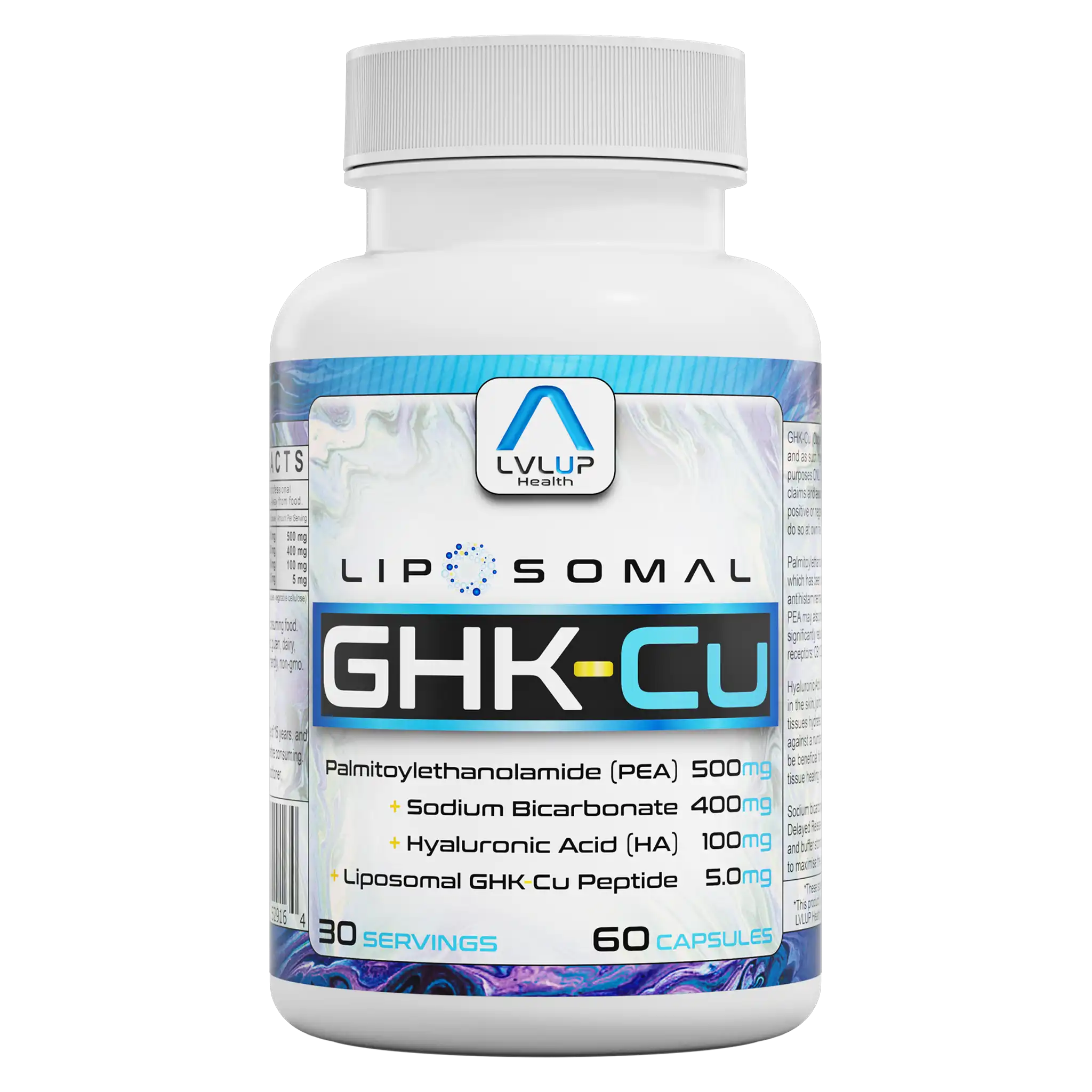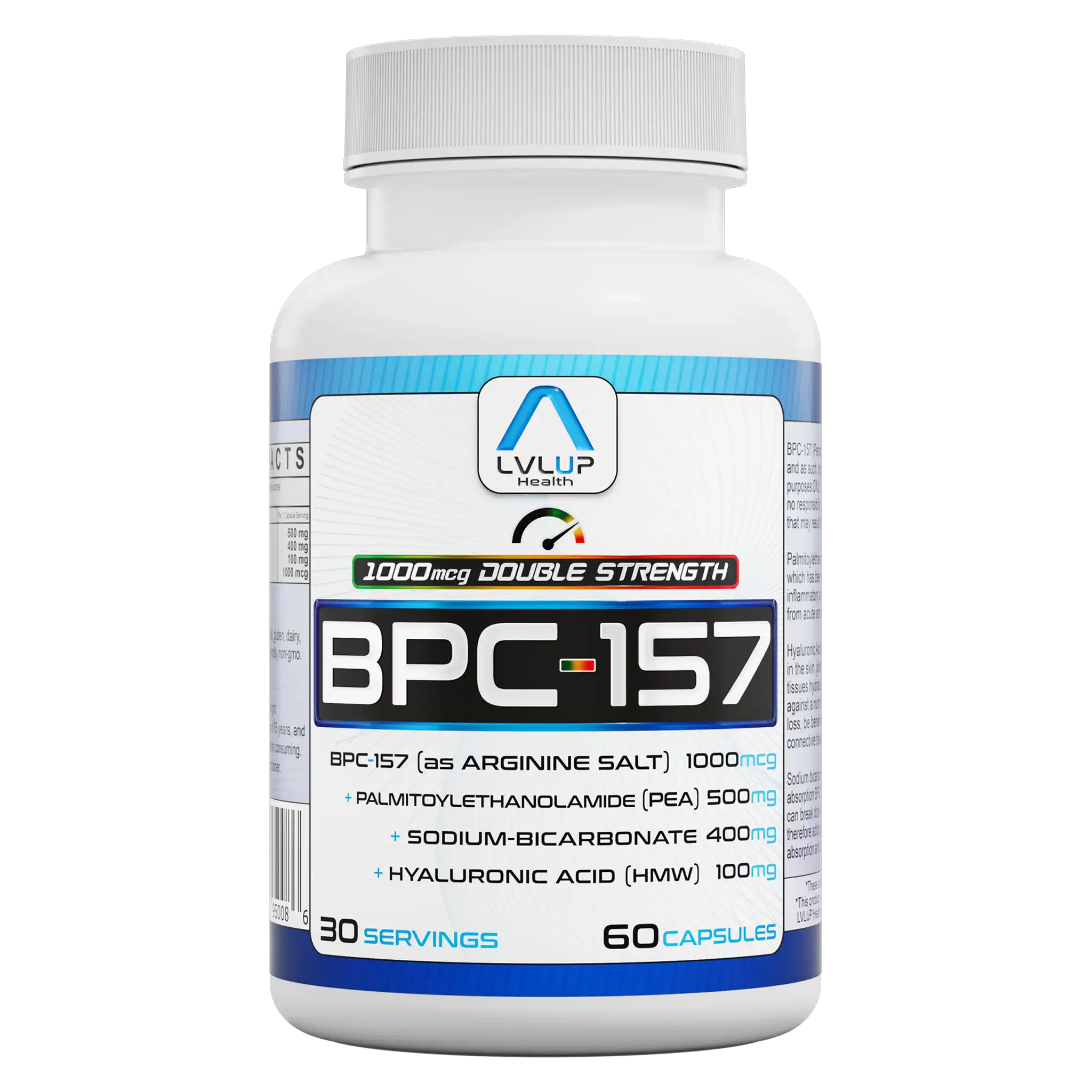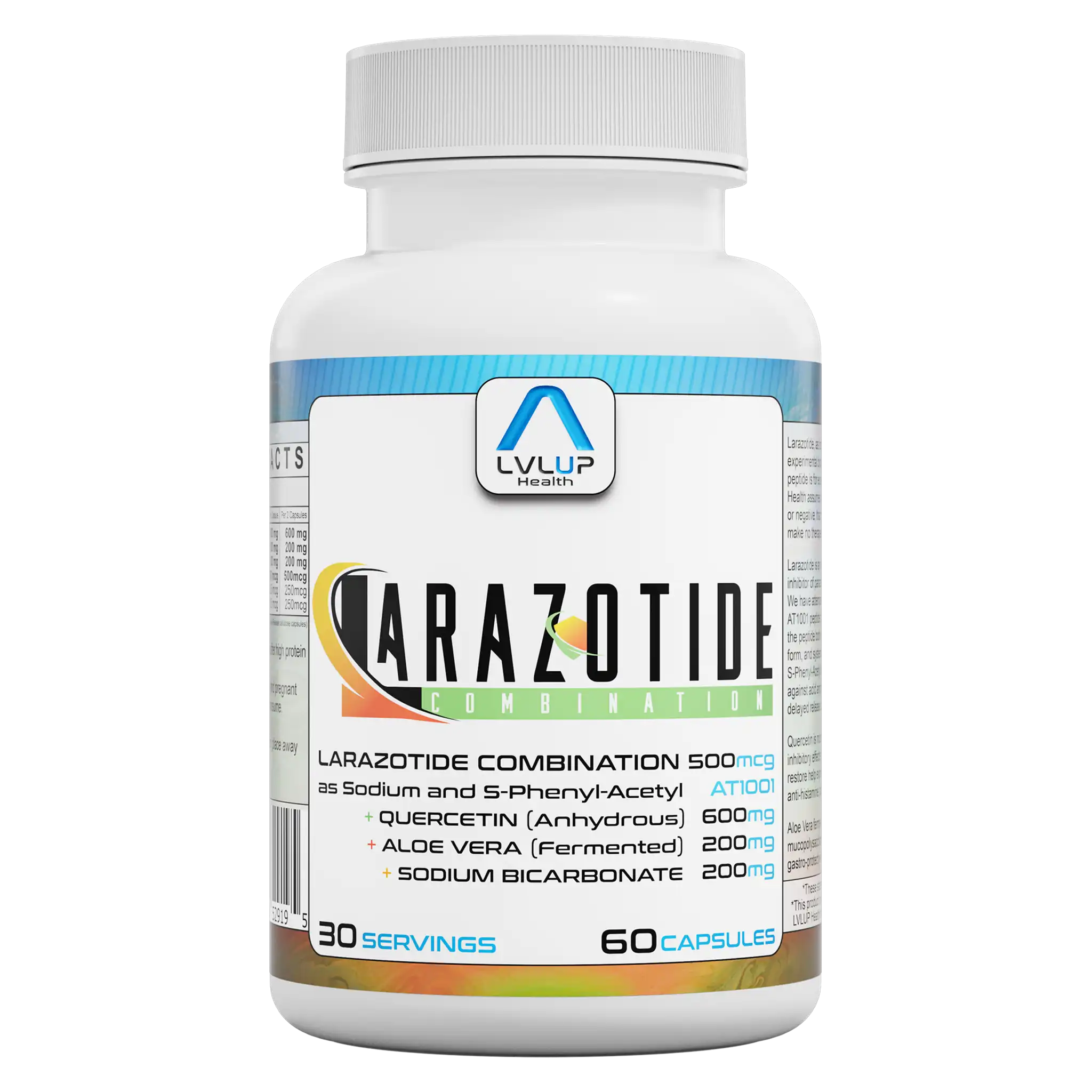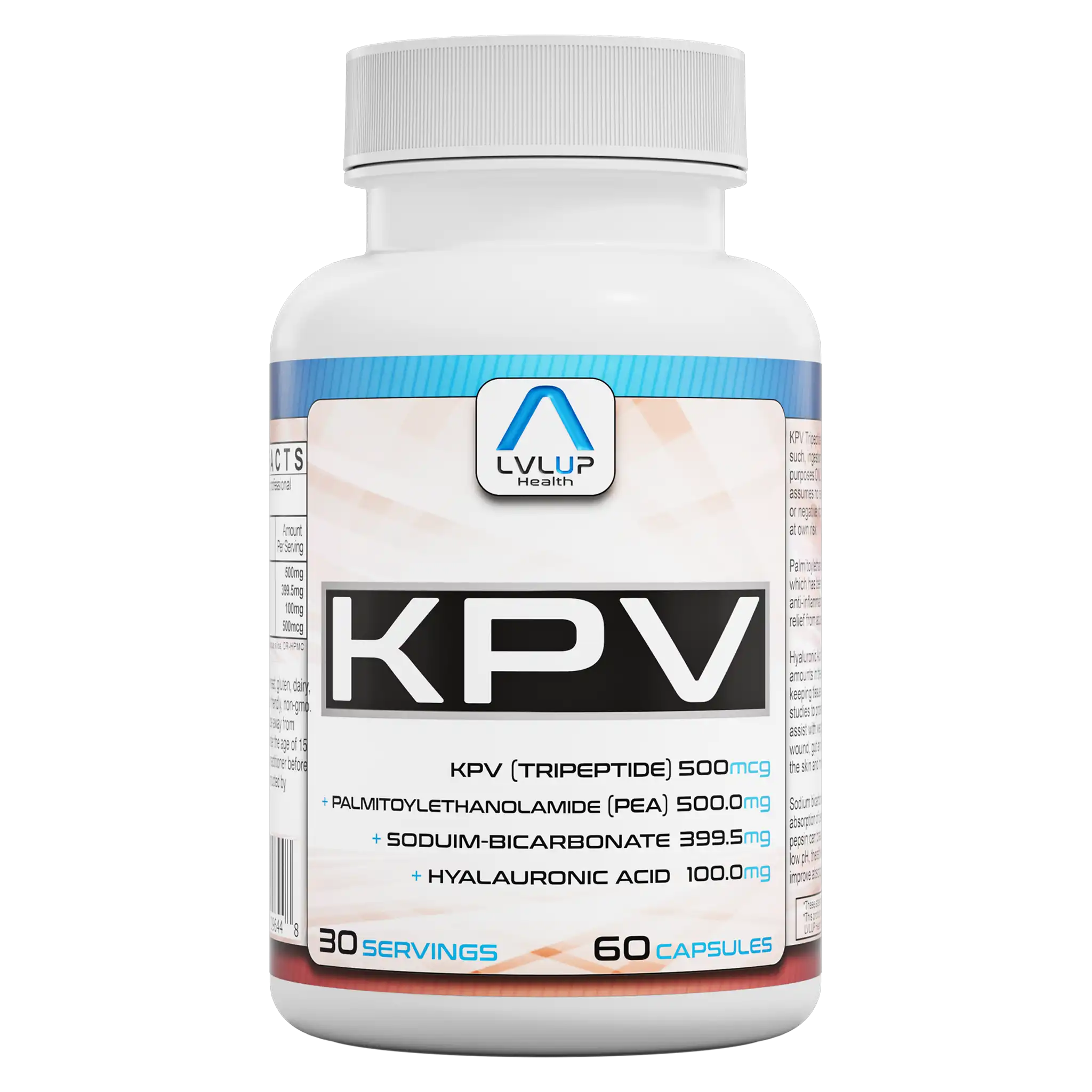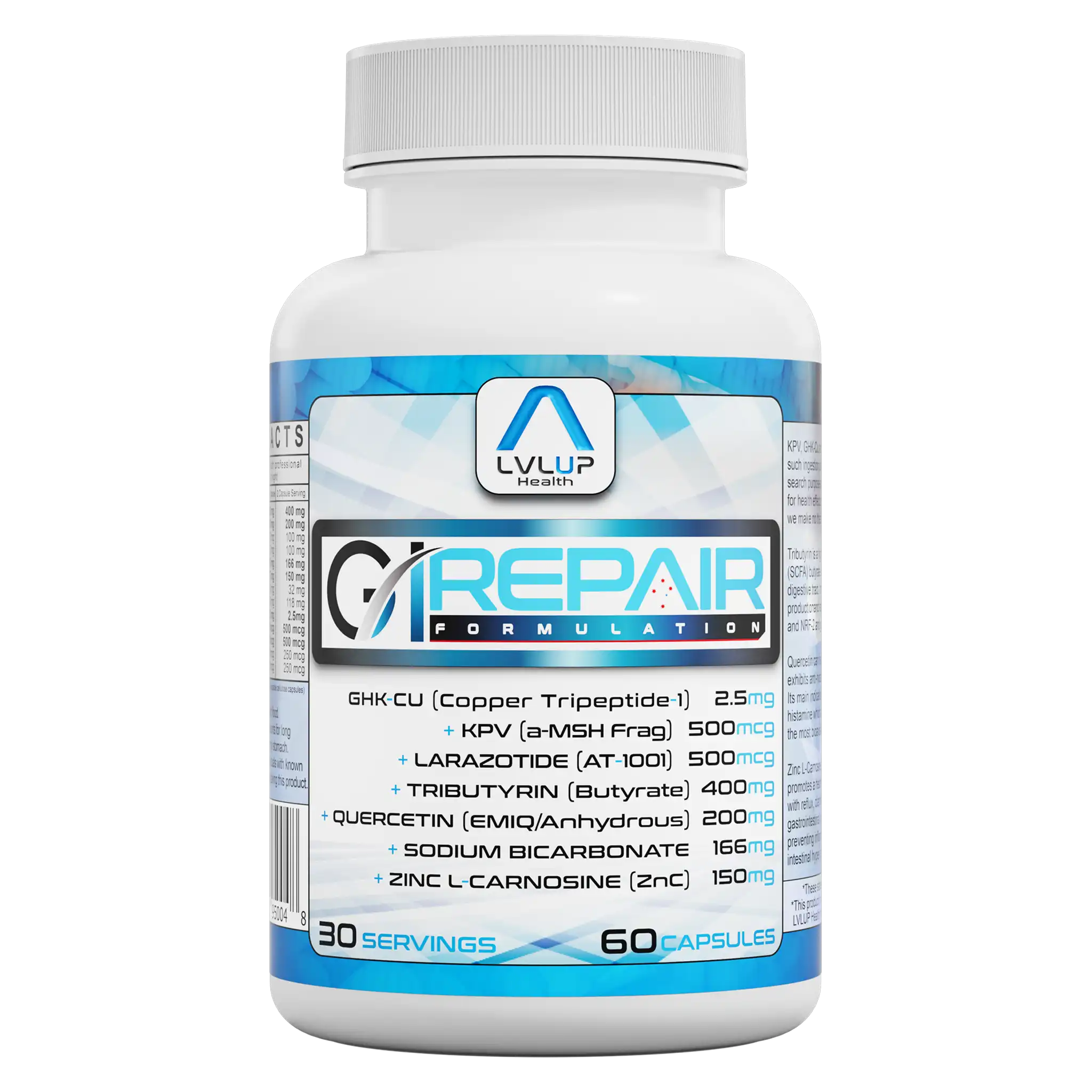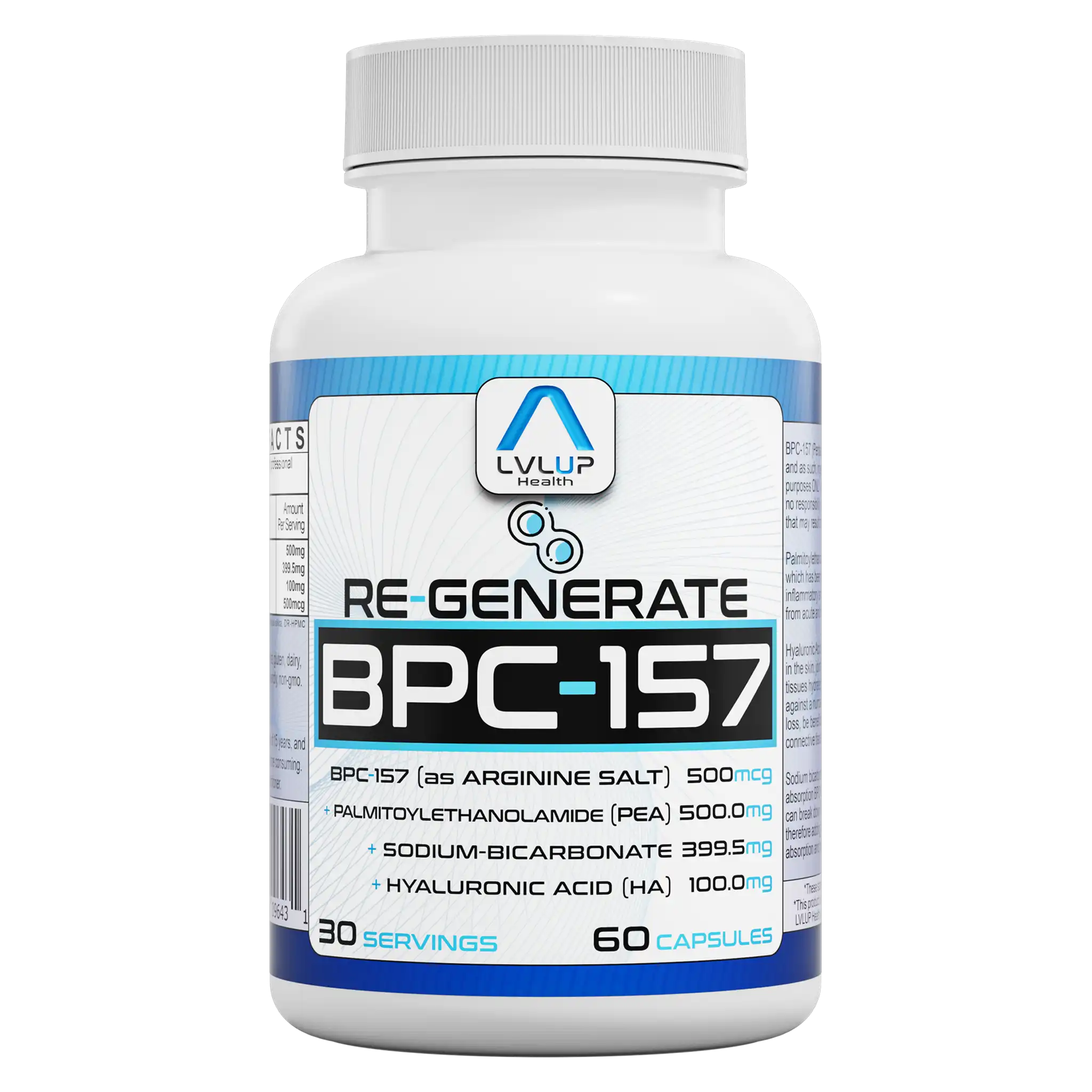Sodium Bicarbonate
About Sodium Bicarbonate
A Buffer for Your Body
Most of us know baking soda from our kitchens or science class experiments. In supplements, it plays a more understated yet crucial role: maintaining acid balance in your body. During intense exercise or recovery, muscles can become acidic. This acidity can interfere with normal muscle function. Sodium bicarbonate acts like a sponge for excess hydrogen ions, helping muscles perform smoothly.
Recovery and Muscle Support
It’s not just athletes who benefit. Anyone wanting to recover faster or reduce soreness might notice sodium bicarbonate’s effects. It helps mitigate the post-exercise slump, especially for those pushing the limits of intensity or duration in their activities.
Digestion and Gut Health
In digestion, sodium bicarbonate neutralizes stomach acid, offering relief during heartburn or after heavy meals. It’s like a gentle reset for your gut after spicy food.
Peptide Absorption
In supplement blends, sodium bicarbonate supports the absorption of peptides like BPC-157 and TB4 fragments. Peptides can be sensitive to acidic environments, so sodium bicarbonate helps maintain a neutral pH in the gut for better absorption.
Research and Beyond
There’s ongoing research into sodium bicarbonate’s role in cancer therapy, particularly in managing tumor acidity. While more common in research labs than supplement shelves, this highlights its wide-ranging potential.
Found In
Formulated With
Detailed Information
Extracellular Buffering Mechanism
Sodium bicarbonate (NaHCO₃) dissociates into Na⁺ and HCO₃⁻ ions in body fluids. During intense anaerobic exercise, lactic acid production increases hydrogen ion concentration, lowering pH. Sodium bicarbonate counters acidosis by absorbing hydrogen ions through the carbonic acid-bicarbonate equilibrium, converting them into carbon dioxide, which is then exhaled.
Exercise Performance and Acidosis
Supplementing with 0.2–0.3 g/kg body weight 60–90 minutes before exercise can extend time to fatigue during high-intensity work. It buffers systemic acidity both in the bloodstream and within muscle tissues.
Potential in Cancer Research
Preclinical studies explore how oral sodium bicarbonate may reduce tumor acidity in some cancer models by altering extracellular pHe and attenuating proton-driven invasion pathways.
Integration with Peptide Formulas
Incorporation into peptide-based formulas is crucial. Many bioactive peptides are vulnerable to degradation in low-pH environments. By raising luminal pH, sodium bicarbonate preserves peptide integrity for absorption in the small intestine.
Balancing Act in Formulation
Formulators carefully calibrate sodium bicarbonate concentration to optimize peptide delivery without causing digestive discomfort or reducing formula bioactivity.
